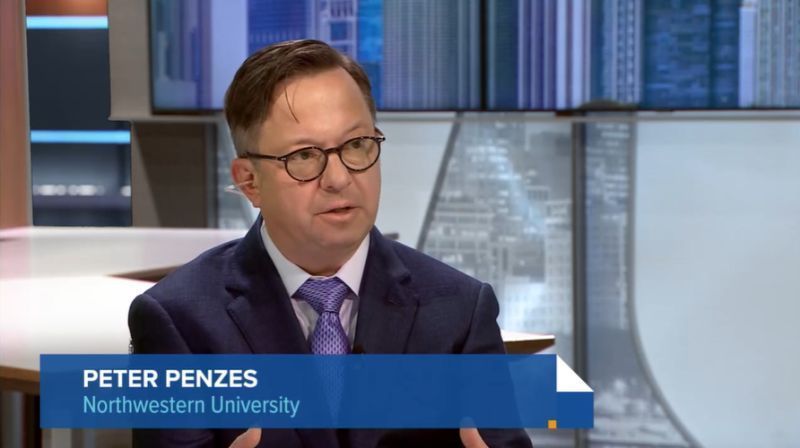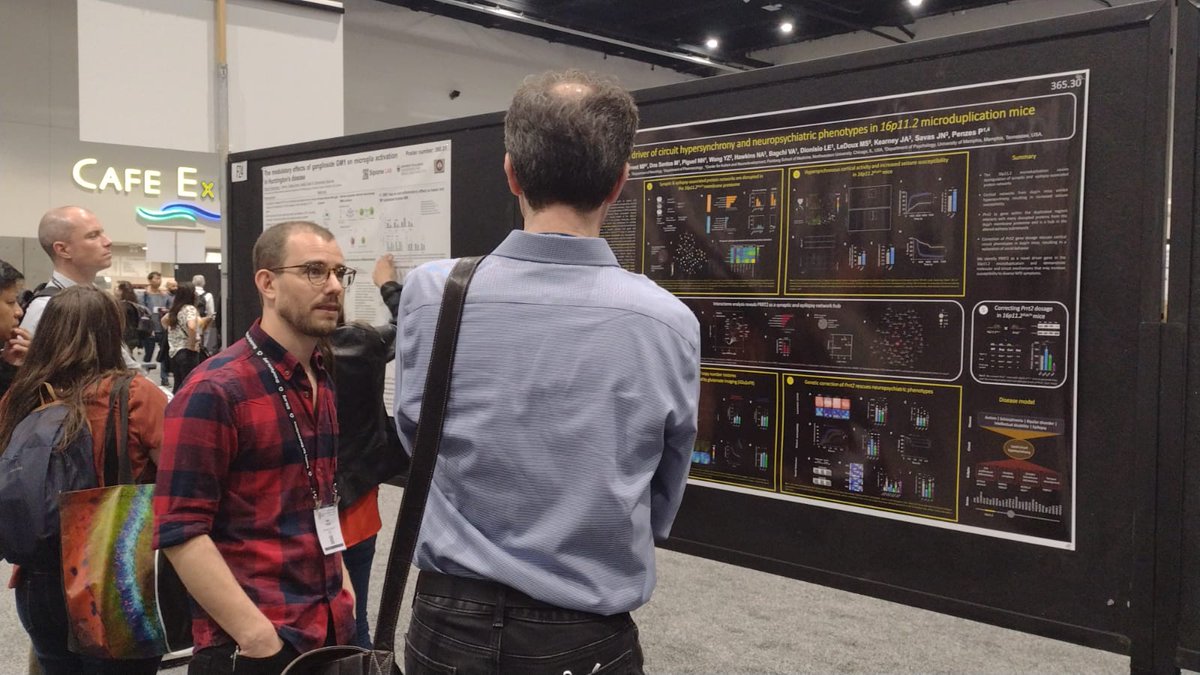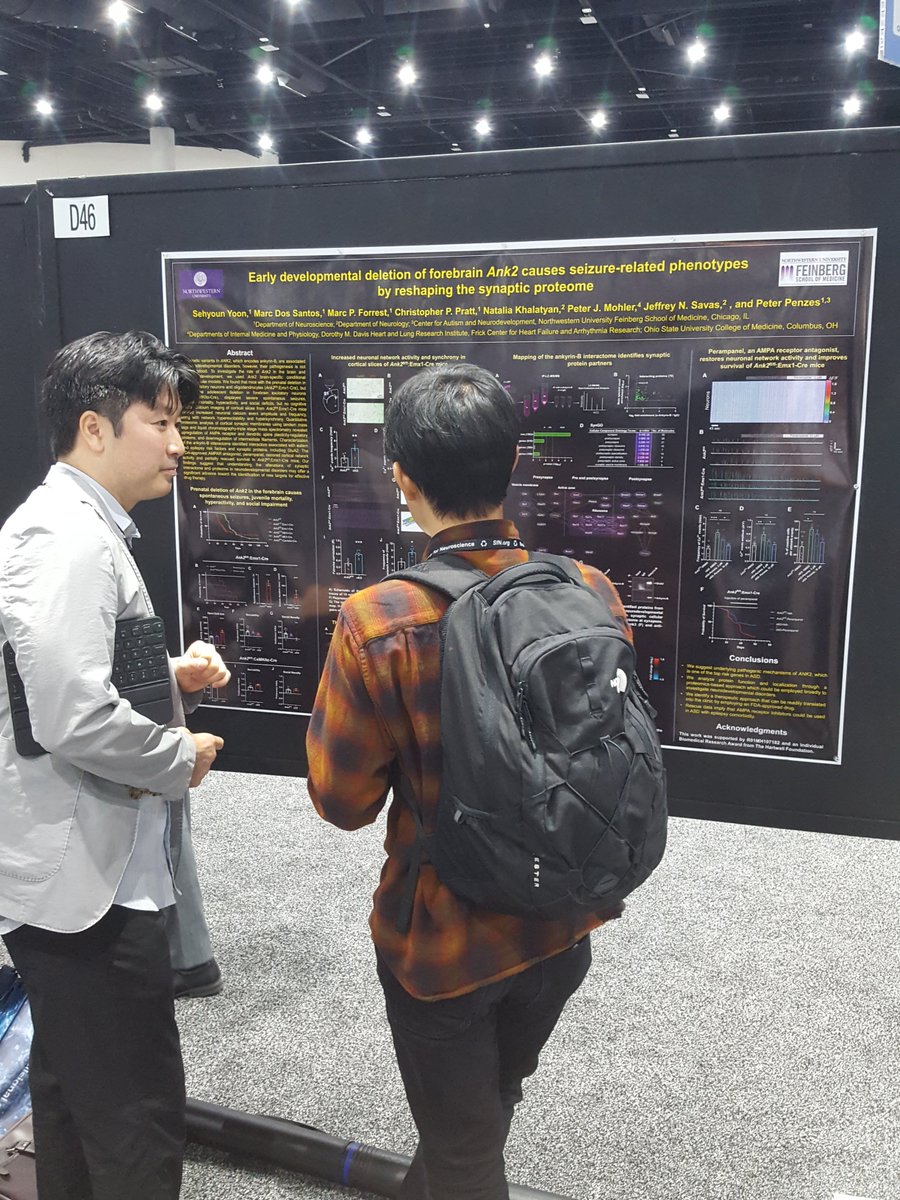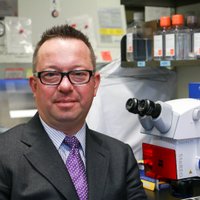
Penzeslab
@penzes_lab
Research in the Penzes lab aims to understand the neurobiological substrates of mental disorders and to develop new treatments.
ID: 923703554233307136
https://sites.northwestern.edu/penzeslab 27-10-2017 00:11:03
28 Tweet
171 Followers
91 Following

See our new and updated website detailing our research, current lab members and publications. sites.northwestern.edu/penzeslab #Northwestern Northwestern Feinberg School of Medicine


Our new research reveals that mutations in USP9X lead to neuronal, behavioral and clinical abnormalities, and suggest a mechanism important in #intellectualdisability, #autism, #schizophrenia and #bipolar disorder. #penzeslab Northwestern Feinberg School of Medicine cell.com/neuron/fulltex…





New research from the Penzes lab! We found schizophrenia risk factor 16p11.2 duplication to cause profound alterations in excitatory iPSC-derived neurons. These effects were present in schizophrenia patient-iPSC, revealing potential pathophysiology. biologicalpsychiatryjournal.com/article/S0006-…




Read about our research in the following NU news article; Targeting calcium signaling in neurons represent a promising therapeutic approach in schizophrenia. news.feinberg.northwestern.edu/2023/02/06/pot… Northwestern Feinberg School of Medicine Penzeslab Northwestern Autism & Neurodevelopment NorthwesternResearch


Northwestern Medicine scientists have identified the cause of a genetic subtype of #Autism and #Schizophrenia that results in social deficits and seizures in mice and humans, research published in Nature Communications. spr.ly/60143I7jE


Come see new work from penzes lab members #sfn2024. Saturday afternoon "synapses", poster session B. Jessica Christiansen on novel regulatory sites in schizophrenia risk gene TRIO - poster B67. Marc Forrest on homeostatic plasticity in 16p11.2 duplication - poster B68.


CAM and Northwestern Autism & Neurodevelopment Northwestern Feinberg School of Medicine Penzeslab have collaborated in acquiring the first MIRAVA Microscope Abberior. One of the first of its kind worldwide, this cutting-edge technology will become operational in spring 2025 at CAM! Department of Cell & Developmental Biology BioImaging North America
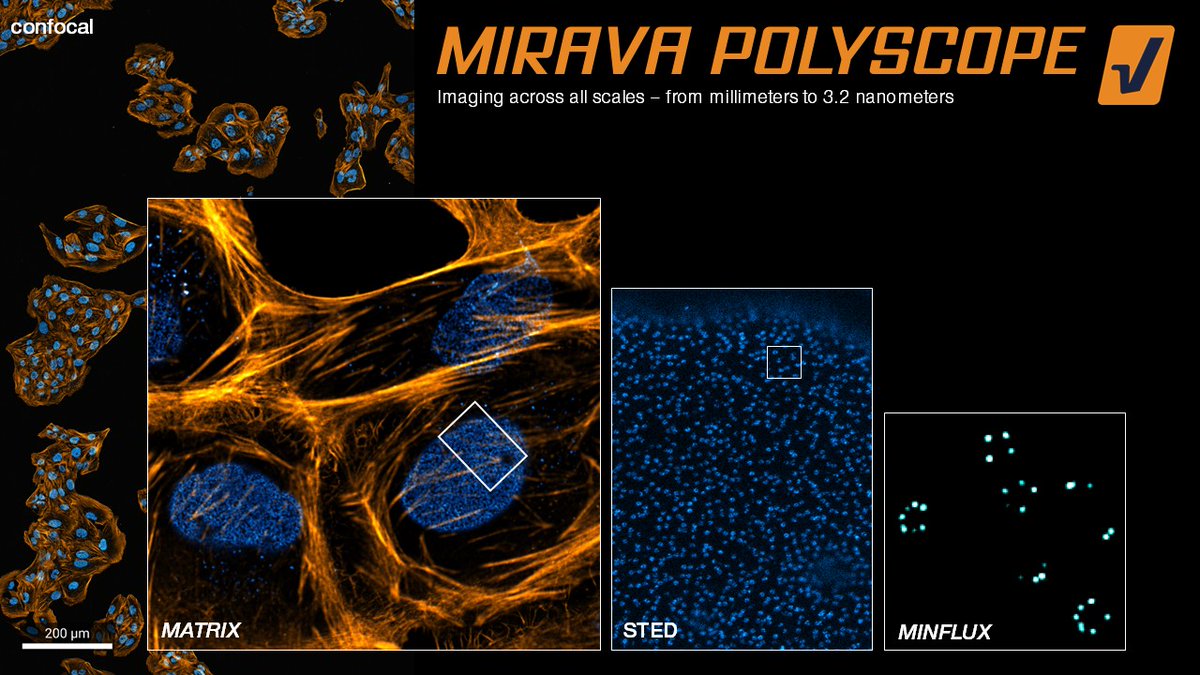

Exciting news! The Center for Autism & Neurodevelopment & NU Center for Advanced Microscopy & NIC are acquiring the first MIRAVA POLYSCOPE from Abberior The only microscope combining all imaging scales—from confocal (200 nm) to STED (3D super-resolution) to MINFLUX (3.2 nm precision).Advancing research!
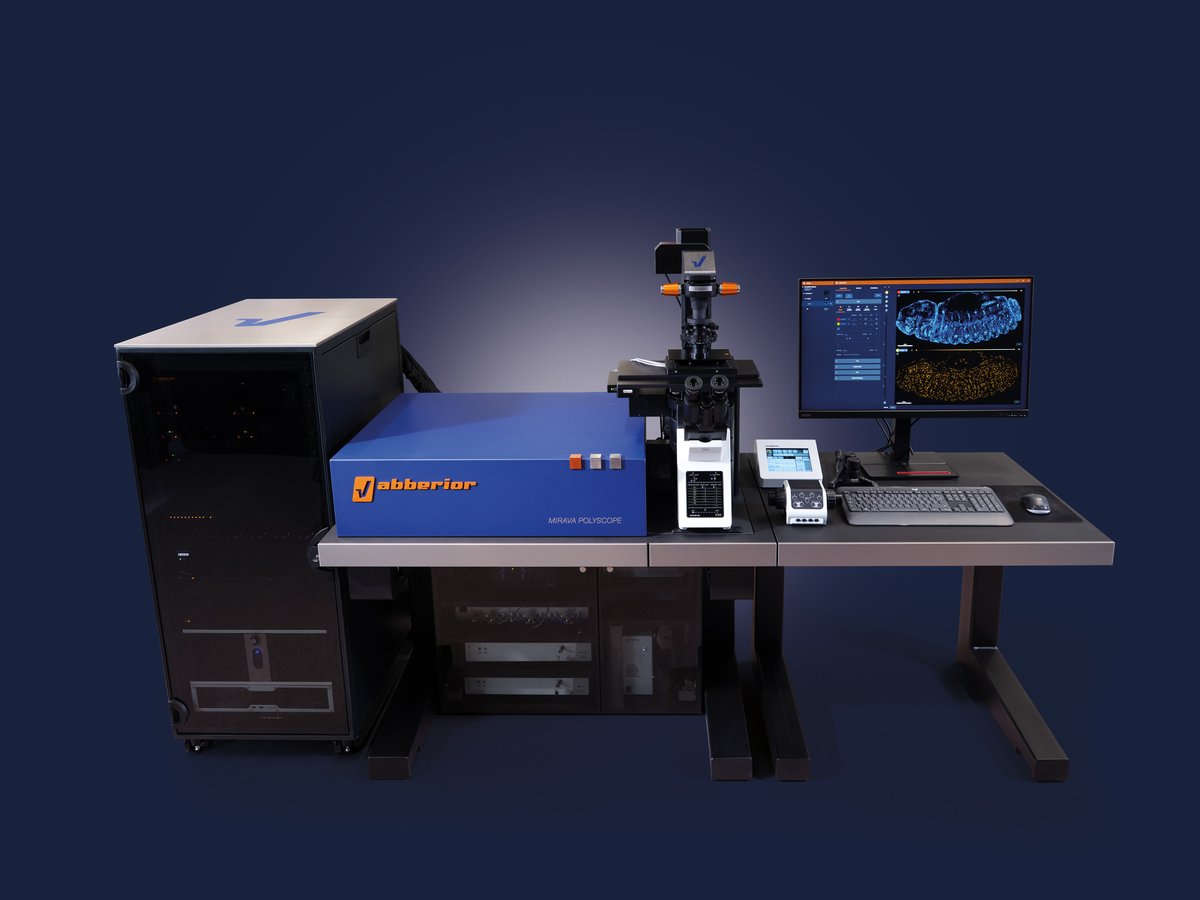

“About 80% of this increase is caused by broader diagnostic criteria... but 20% is not explained by this,” said Dr. Peter Penzes (Penzeslab), director of Northwestern Autism & Neurodevelopment, on the rise in #autism diagnoses over the past decade, in an interview with WTTW - Chicago PBS. tinyurl.com/muaty8cb
